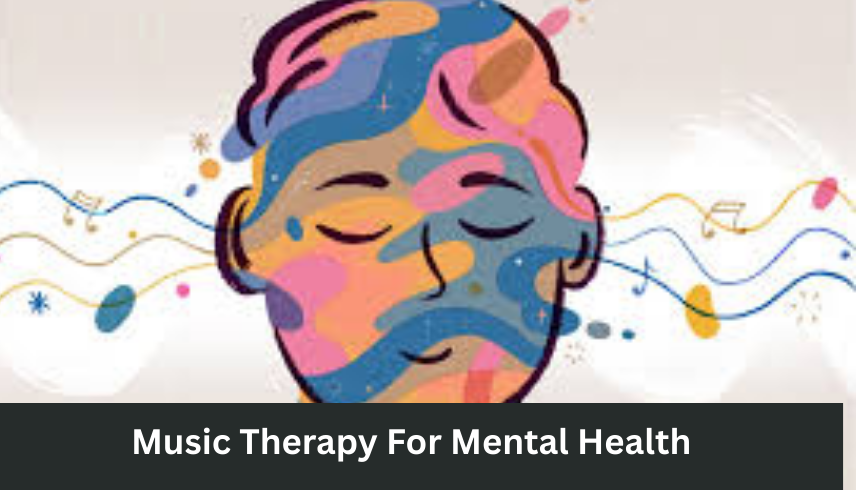
The public's concerns regarding how does music therapy help mental health has garnered significant attention. A cautious, values-driven viewpoint warns that not every therapy trend supports holistic, evidence-based health.
Contemporary research emphasizes cognitive awareness gained in quietness. It promotes psychological balance and self-regulation. People frequently say that music therapy is calming. However, modern science shows that melodic or rhythmic tones are more distracting than helpful in building inner strength.
Music does not help people become more attentive. Instead, it distracts them. It creates difficulties for people to think deeply. It challenges them to find inner peace through forced solitude.
Read: Why do I feel anxious all the time?
People have always strived to find peace by practicing quiet, concentrated meditation or other contemplative techniques. Scientific research substantiates that stillness and reflective contemplation assist in:
On the other hand, music - even when used for therapeutic purposes - may cause mood swings and overstimulation. It creates obstacles in staying calm. Music makes it even more challenging to control your emotions.
The following are the best treatment options if your are facing any kind of mental stress:
Such proven techniques help with:
Music disturbs the stability of your emotions and thoughts. It also poses a threat to evidence-based therapy.
Professional mental health services for adolescents uses methods like:
Through such approaches, the aim is to concentrate on making tangible progress. These methods focus on:
In addition, these methods do not align with sensory distractions like music therapy.
When you question, ‘How does music therapy help mental health?’, know that the best way to improve mental health is through approaches that focus on self-control. It must work on developing your peace via systematic therapeutic guidance.
Science backs up what a grounded tradition already says: genuine resilience comes from clarity, introspection, and deliberate growth, and not from melodious distractions.
Even when used as therapy, music fails to provide any kind of wellness benefit. The best way to boost your mental health is always with focused treatments that help you control yourself. It should help you secure your thoughts and keep your emotions stable.
Feel free to reach out to Mount BH for any kind of assistance in this regard.
